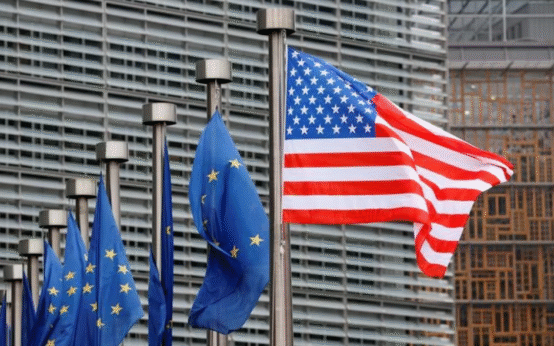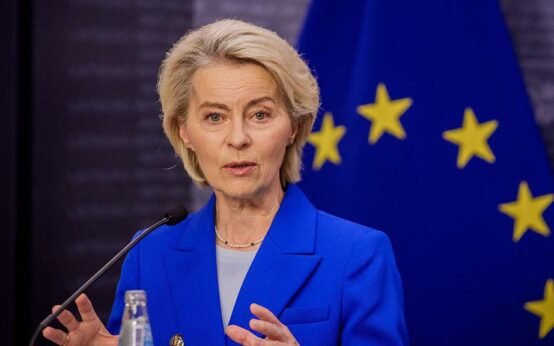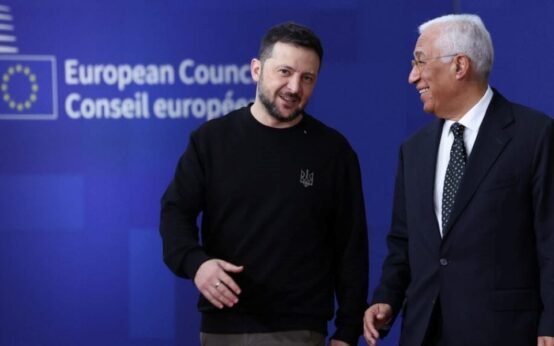European Commission has officially presented the finalized EU Mercosur trade agreement, a deal that has been in discussion for over 25 years. The agreement, which links the European Union with Argentina, Brazil, Paraguay, and Uruguay, is one of the most ambitious trade arrangements ever negotiated by Brussels. For both sides, it is more than just a trade pact; it is a political and strategic move to deepen ties between Europe and South America at a time when global supply chains face mounting pressures
Trade benefits and economic opportunities for both regions
The EU–Mercosur deal promises to cut or eliminate tariffs on more than 90 percent of traded goods between the two blocs. For European exporters, this means direct savings of billions of euros every year and new opportunities to sell products such as machinery, pharmaceuticals, automobiles, and luxury goods.

South American economies, on the other hand, gain improved access to European markets for agricultural products, including beef, poultry, sugar, and soy. By opening doors for industrial exports and raw materials, Mercosur nations are positioning themselves as indispensable trade partners for Europe’s transition to cleaner technologies. These raw materials, including rare earths, are crucial for batteries, wind turbines, and electric vehicles.
Environmental safeguards and sustainability commitments
One of the most debated aspects of the agreement is its approach to environmental protection. For years, European leaders delayed ratification because of concerns about deforestation in the Amazon. The final version of the deal now includes legally binding commitments from Mercosur countries to halt illegal deforestation by 2030. Only goods that meet “deforestation-free” standards will be allowed into the European market.
The deal also sets stricter monitoring rules and dispute settlement mechanisms to ensure that environmental pledges are not just symbolic but enforceable. Supporters argue that this trade agreement is the first of its kind to tie market access directly to sustainability, creating a model that could influence future global trade policy.
Farmers’ concerns and political opposition in Europe
Despite the potential benefits, opposition remains strong inside the European Union. Farmers across France, Poland, and parts of Eastern Europe worry that the agreement will flood EU markets with cheaper agricultural products, especially beef and poultry. They argue that South American producers often operate under lower standards, giving them an unfair advantage.

French farmers have already staged protests, claiming the deal would undermine their livelihoods. Environmental groups are also skeptical, warning that even with safeguards, the influx of agricultural exports could still drive deforestation and erode EU food safety standards. In their view, promises of sustainability may not be enough to balance the social and ecological costs.
Brussels’ safeguards to protect local industries
To calm these fears, Brussels has included special safeguard mechanisms in the deal. If imports of sensitive products such as beef, sugar, or chicken exceed certain thresholds or cause measurable harm to local producers, the EU can temporarily suspend tariff reductions.
Moreover, some lawmakers from green and left-wing parties in the European Parliament have threatened to challenge the agreement in the EU’s top court. Their goal is to test whether the environmental clauses are legally robust enough to withstand scrutiny. If the court becomes involved, the ratification process could be delayed for months or even years.


 EU court upholds smooth transfer of data from Europe to US
EU court upholds smooth transfer of data from Europe to US  Digital Taxes Put U.S –EU Trade Talks Under Heavy Strain
Digital Taxes Put U.S –EU Trade Talks Under Heavy Strain  EU chief’s plane hit by suspected Russian GPS in Bulgaria
EU chief’s plane hit by suspected Russian GPS in Bulgaria  EU Declares Israel’s Actions Exceed Self-Defense
EU Declares Israel’s Actions Exceed Self-Defense  EU leaders ramp up defense and vow greater support for Ukraine.
EU leaders ramp up defense and vow greater support for Ukraine.  Buddha Air lands safely in Kathmandu despite losing front wheel
Buddha Air lands safely in Kathmandu despite losing front wheel